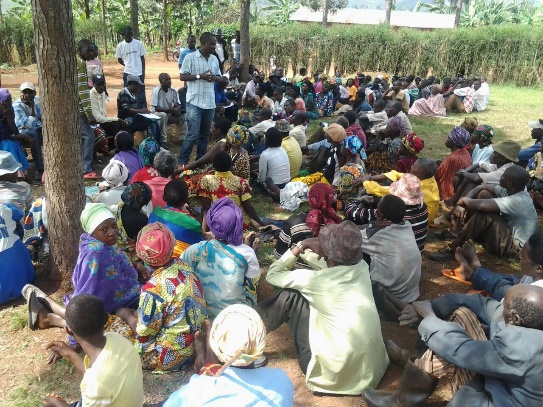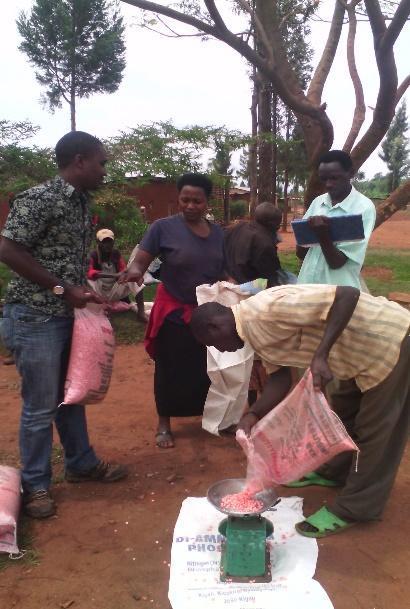Throughout my childhood I dreamed of being a medical doctor and being able to save the lives of people suffering from diseases. I had a special interest in cardiology, hoping to become a heart surgeon. I was encouraged by my parents and teachers, and told that all it takes is hard work and determination to be a doctor. This resonated deeply with me from primary to high school. Unfortunately my academic standing wasn’t enough to allow me to enter medical school; however I had the opportunity to join a veterinary school for five years where I found satisfaction both as a student and in my work. In my career as Veterinary Public Health Tutorial Assistant at the University of Rwanda and everyday animal life saver, especially in rural parts of the country, I continuously met people who needed to be served as well. These experiences, gleaned during different field visits, my public health education, and my upbringing in poor rural settings have all contributed to my decision to join the global health movement, to contribute towards fighting health inequity. Today, as a Community Nutrition Educator with Partners In Health I have the great opportunity to continuing serving those in need.
The two weeks spent at Yale University for Global Health Corps Training Institute was an eye opener for me. From the different speakers sharing their experiences, the most memorable story for me was Switch by Dan & Chip Heath, which shared the story of Jerry Sternin. Sternin analyzed the complicated and intricate malnutrition problem in Vietnam from a different perspective. Instead of spending too much time on issues that are “True But Useless” (TBU), Sternin searched for bright spots in the community and was able address the malnutrition problem from the root causes. Jerry’s story inspired me to go out there in search of bright spots and work on fixing the thorny root causes of malnutrition which has been reported to be threatening 44% of children under the age of five in Rwanda. Through shared experience, I now realize that I can contribute to saving lives not only through giving injections or drugs, but also by educating the community on health behaviors and building their capacity for self-reliance.
As a Global Health Corps fellow I support the program team with my agriculture and rural development experience to achieve program objectives, and conduct routine visits to vulnerable families identified with malnourished children. On our visits we share experiences and advice with our beneficiaries on how together we can improve their living conditions. In our program, we provide agricultural tools and technical knowhow so that they can improve their agricultural practices, not only for home consumption but also as a source of income. Through our routine visits and grassroots discussions with our community, we have witnessed tremendous improvements towards realizing ideal community nutrition and agriculture levels in just four months since I joined the team.

Many people have been complaining about reduced agriculture production due to reduced rainfall over the past decade. Over 85% of Rwandans rely on agriculture for both home consumption and income generation; however the technology that was used was insufficient to boost the production desired for both home consumption and income source. It has always been great to see how beneficiaries appreciate the work we do in agriculture through dissemination of new technologies so as to increase production, and preparation of balanced diets at the household level.
The testimonies they give and the visible improvement in their daily life has been my dream. To see myself touching people’s lives, helping the rural people change their nutritional behaviors from under nourished to well-balanced food obtained from their own garden, I know will help many. This alone will help reduce the risk of disease, especially to young children under the age of five in the journey we call Patient to Producer. Visiting them in their self-help groups and participating in brainstorming on how they solve their domestic problems are among the best adventures I have ever had. Seeing how they support each other from the little income generated through agriculture and off farm business to send children to school, buying different home materials, supporting the sick by taking them to nearby health centers and paying off bills; all of this is truly inspiring.
Ever since we engaged them, the journey to food security offered promise. Today in the village when we pass by in the PIH car, children wave to us and shout in loud voices with smiles on their faces “Ambilance” (Ambulance) or “Munganga” (doctor). Today they can’t easily differentiate between ambulances and this resonates with me because we all “save lives.”
Community visits and participation in daily activities such as agriculture and strategic planning.



